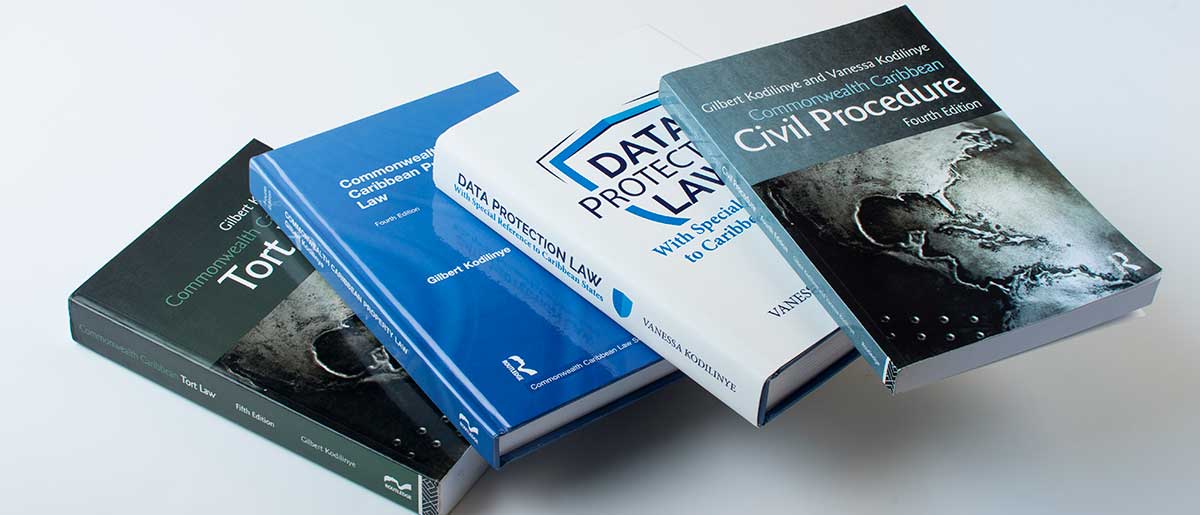In Bergan v Evans [2019] UKPC 33, an appeal from the Court of Appeal of the Eastern Caribbean States, the Privy Council has clarified what Lord Briggs, delivering the judgment of the Court, described as ‘an important point of practice, likely to have consequences across the whole of the important field of personal injury litigation.’
The claimant in this case was involved in a road accident caused by the defendant’s negligent driving. In support of her allegation that she had suffered a neck injury, she attached to her claim form a medical report from her doctor (Dr L), as required by CPR, Rule 8.9 (3). In his defence, the defendant pleaded that he ‘neither admitted nor denied’ the allegations of personal injury. This defence was, in the view of the Court, defective, being ‘a mere non-admission’ that did not comply with Rule 10.6, which provides that where a claimant has attached a medical practitioner’s report to his claim form or particulars of claim, the defendant must state in his defence ‘(a) whether all or any part of the medical report is agreed; and (b) if any part of the medical report is disputed, the nature of the dispute.’ One way of complying with the Rule is for the defendant to attach his own medical practitioner’s report detailing the matters in dispute, but that had not been done in this case.
The next issue concerned the application of Rule 32.6, according to which ‘a party may not call an expert witness or put in the report of an expert witness without the court’s permission’. An application for permission had been made at the case management conference but was refused on procedural grounds, and no further application was made by the claimant. The question now was whether the consequence of the defence being defective was that the medical report of Dr L could be deployed at the trial notwithstanding the absence of the court’s permission under Rule 32.6. Lord Briggs answered this in the negative, on the ground that ‘a claimant faced with a defective or even non-existent defence still has to prove her case’, and ‘the ability to deploy the attached medical report in evidence is not the automatic consequence of a defective defence. Deployment of expert evidence is governed by Rule 32.6, and is subject to the court’s control of case management.’ Any other conclusion would, in his view, confer a disproportionate right upon a claimant.
A further question in the case was whether section 163 of the Evidence Act, 2011 (St Kitts/Nevis), which provided that the written report of a medical practitioner was admissible as documentary evidence in civil proceedings, enabled the party relying on the report to deploy it as expert evidence in the proceedings without the need to obtain the court’s permission to do so under Rule 32.6. The Privy Council, disagreeing with the analysis of the OECS Court of Appeal, took the view that section 163 was concerned with the admissibility of documentary medical evidence (as opposed to the traditional requirement to adduce oral testimony), which was quite separate and distinct from the case management question as to what evidence a party was to be permitted to adduce (whether in oral or documentary form) by way of expert evidence, bearing in mind the general duty of the court and the parties (in Rule 32.2) to limit expert evidence to ‘that which is reasonably required to resolve the proceedings justly’. Lord Briggs commented that to treat section 163 ‘as a separate gateway to the deployment of medical expert evidence in civil proceedings (rather than merely rendering documentary evidence admissible) would be to drive a coach and horses through the beneficial effect of the introduction of court case management control of expert evidence’ as, for instance, it would enable any party to deploy any number of medical reports from multiple experts at their own whim, leaving the court powerless to restrain such an unnecessary expenditure of time and resources. Above all, the ‘overriding objective’ of the CPR requires courts to manage cases proportionately and to ensure that the essential issues are addressed at trial.
[CPR, Rule 32.6 (Belize and Jamaica) and CPR, Rule 33.5 (Trinidad and Tobago) are similarly worded]